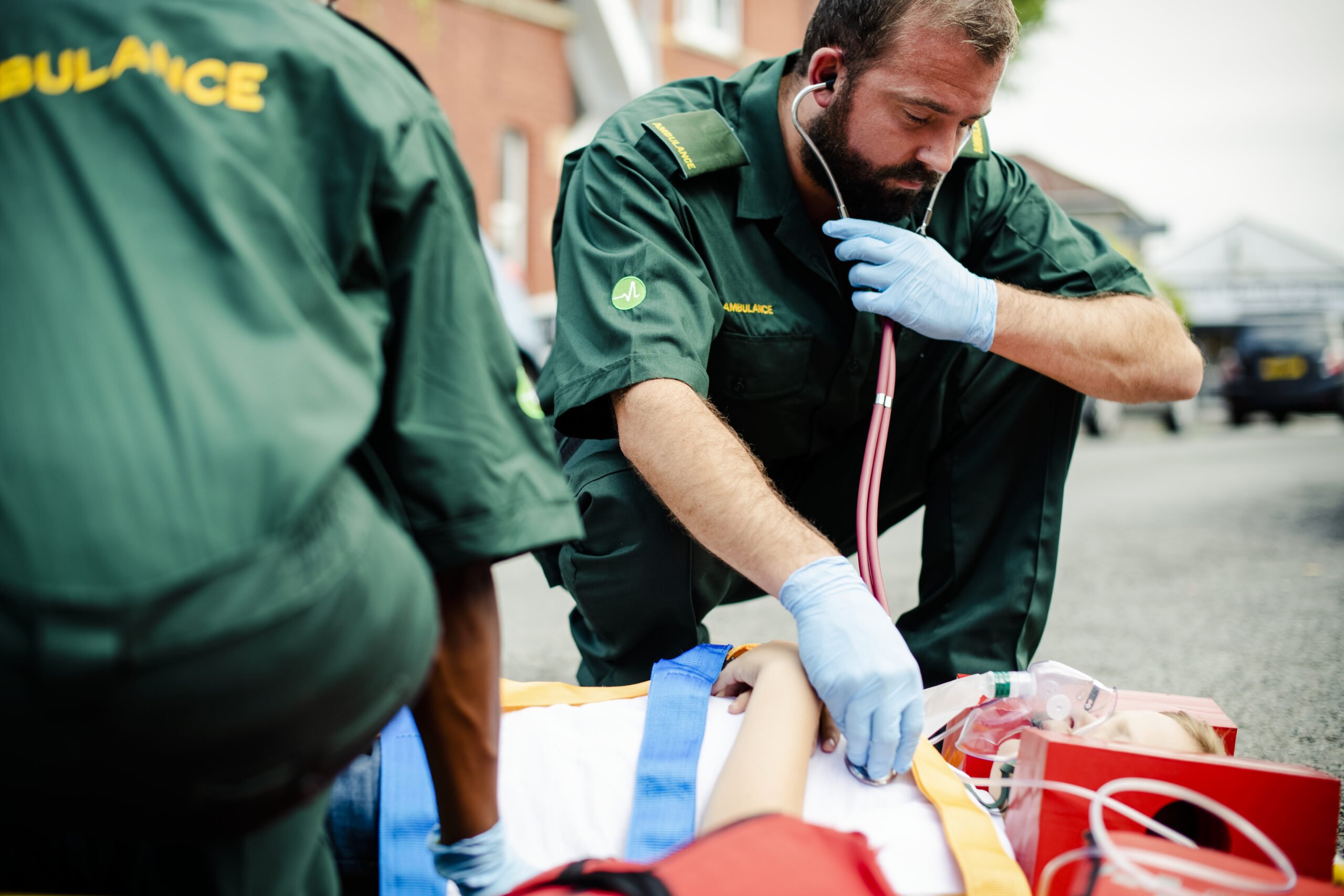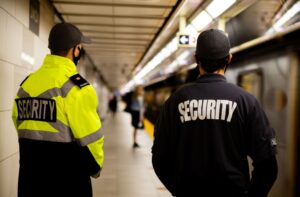First aid is an essential skill for anyone working in the security industry, as it allows them to provide immediate care in the event of an emergency. Whether it’s a physical injury or a medical emergency, knowing how to respond quickly and appropriately can make a critical difference in the outcome.
Basic First Aid Techniques
The first step in providing first aid is to assess the situation and determine the appropriate course of action. It includes checking for responsiveness, breathing, and pulse, as well as identifying any injuries or symptoms that need to be addressed. Basic first aid techniques such as CPR and the use of an AED (automated external defibrillator) can be crucial in saving lives in the event of a cardiac arrest.
Another important basic first aid technique is the use of bleeding control measures, such as applying pressure to a wound and using a tourniquet to stop severe bleeding. These measures can help to prevent blood loss and keep the person stable until professional medical help arrives.
Common Injuries and Illnesses
Security professionals may encounter a wide range of injuries and illnesses while on duty, but some of the most common include cuts, scrapes, and bruises, as well as sprains and strains. These injuries can be treated with basic first aid techniques such as cleaning the wound, applying a bandage, and providing rest and ice to reduce swelling.
Another common injury that security professionals may encounter is a head injury. If a person has hit their head and is showing symptoms such as confusion, nausea, or loss of consciousness, it’s essential to seek medical attention immediately. In the meantime, it’s important to keep the person still and monitor them for any changes in their condition.
In addition to injuries, security professionals may also encounter illnesses such as seizures, diabetes, and asthma. These medical conditions require special care and attention, and security professionals should be familiar with the appropriate response. For example, if a person is having a seizure, it’s important to protect them from injury and to call for emergency medical help. If a person is showing symptoms of diabetes, such as confusion or dizziness, they may need to be given a quick source of sugar to raise their blood sugar level.
Importance of Mental Health
Security professionals can also encounter mental health issues, such as panic attacks, anxiety, or depression. It’s essential for security professionals to be able to recognize the signs of these conditions and to know how to respond appropriately. For example, suppose a person has a panic attack. In that case, it’s crucial to provide a calm and reassuring environment and to avoid any actions that may make the person feel more anxious. If a person is showing signs of depression, it’s important to provide a listening ear and encourage them to seek help.
Conclusion
First aid is an essential skill for anyone working in the security industry, as it allows them to provide immediate care in the event of an emergency. From basic first aid techniques, such as CPR and bleeding control, to dealing with injuries and illnesses, security professionals must be equipped to handle various situations. Furthermore, it’s important to understand the importance of mental health and how to respond appropriately. By gaining knowledge and being prepared, security professionals can help to keep themselves and others safe in an emergency.




